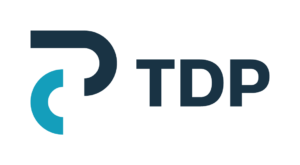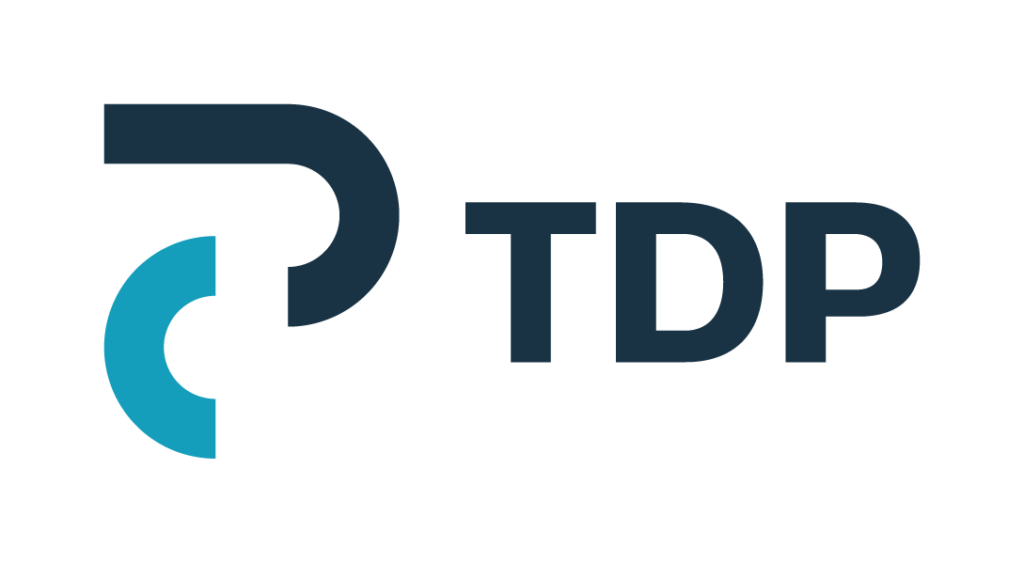YOUR RELATIONSHIP WITH YOUR ACCOUNTANT
For our final poll during Relationship Month, we focused on your relationship with your accountant. On Facebook and LinkedIn, 95.8% of participants felt that their accountants could add value beyond simply handling their taxes.
While it is widely acknowledged that accountants, lay a pivotal role in the success of organizations. The International Federation of Accountants conducted research on the topic by summarizing findings from over 90 academic papers on the relationship between accessing accountancy expertise and business performance.
The findings suggest that there is a continuous and bi-directional relationship between accessing accountancy expertise and business performance. Organizational development and performance lead to increased utilization of accountancy expertise, while accountancy expertise, in turn, leads to superior performance and development.
Accountancy expertise serves various roles in organizations, including organizing, analysing, and communicating information, providing decision-making support, managing risk and control, ensuring compliance, and creating value.
So, how can you maximize your relationship with your accountant?
- Treat your accountant as a business partner. Your accountant is more than just a number cruncher. Instead, view them as an active partner in your business, providing invaluable guidance on every decision you make. By adopting this approach, not only will your business benefit, but you will also establish a more collaborative and productive working relationship with your accountant.
- Ensure your accountant is the right fit for your business. Accounting encompasses various specializations, and some accountants may be better suited to support your business needs than others.
- Establish upfront how your accountant can support you. A fruitful relationship begins with defining a framework for how your accountant can assist you. Your accountant may offer support across a broader range of areas than you realize. Here are some key questions to ask them to determine how they can provide assistance:
- How can you assist me in organizing and presenting paperwork?
- How can you advise me on critical business decisions?
- How can you simplify my workload?
- How can you help me save money?
- How can you assist me in setting up an effective record-keeping system?
- How can you aid me in managing my time?
- How can you help me develop a budget?
- How can you assist me in forecasting cash flow?
- How can you help me draft a business plan?
- How can you ensure compliance?
- Having this discussion upfront ensures alignment and sets realistic expectations for the work to be delivered.
- Collaborate on your business goals. Your business goals should be regularly revisited and refined. This is an area where your accountant can offer significant value. Not only do they possess detailed knowledge of your company’s financials, but they may also have experience with similar businesses at the same stage of development. This can provide valuable insights into long-term direction and necessary steps. Even if you prefer them to take a less active role, your accountant can rigorously assess each aspect of your business plan to ensure its financial viability.
- Assist in organizing and streamlining your accounting processes. Technological advancements have revolutionized the world of accounting and bookkeeping.
- Forecast cash flow and engage in scenario planning. Cash flow forecasting is crucial for businesses, particularly in today’s economic climate. It involves predicting cash inflows and outflows and identifying potential challenges and opportunities. Your accountant can utilize insights and tools to generate reports and offer recommendations. Collaborating with your accountant in this manner enables you to incorporate contingencies into your planning effectively.
At TDP PE we take pride in getting to know you and what your business is all about. Director Jaco Barnard thrives on adding value, whether in the form of implementing risk and control measures, making important business decisions and seeing your business succeed and grow.


